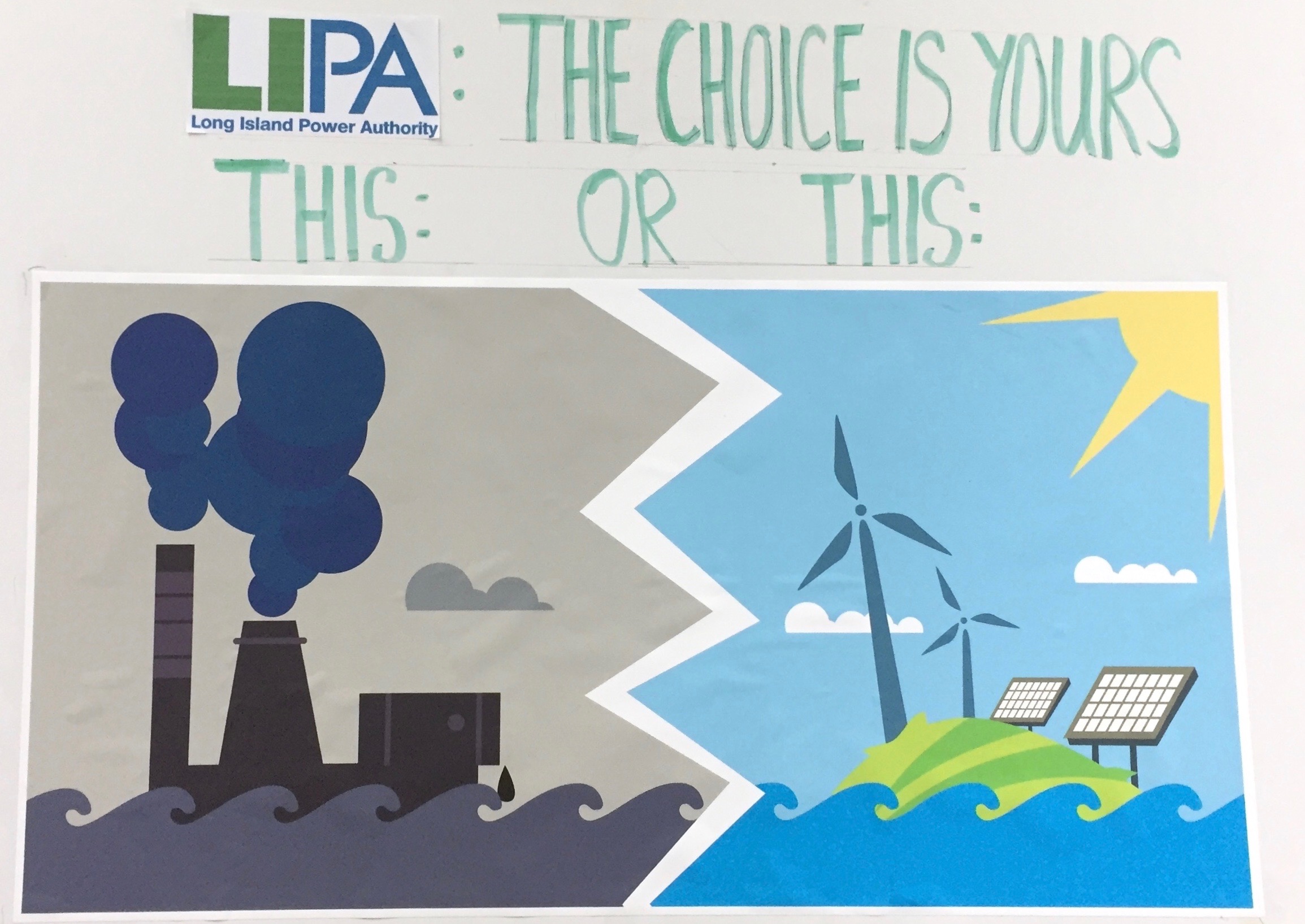Southampton Is Getting A Choice


The Town of Southampton can officially take the next step toward Community Choice Aggregation.
The Long Island Power Authority Board of Trustees approved a rule change May 20 empowering Long Island communities to participate in the program and pursue local energy goals. Community Choice Aggregation gives municipalities the choice to buy electricity for residents and small businesses at sufficient scale to negotiate favorable terms and choose renewable energy with savings.
“It’s exciting. It’s a good thing, a very good thing,” Southampton Town Councilman John Bouvier said. “We’re the first town to have actually engaged our third-party administrator. The first immediate step is to read over the tariff changes until it’s fully understood. It allows us to do more and gain more information so that ultimately, when we get to that point as to whether to adopt a program, we’ll be able to make that choice.”
The CCA tariff describes the terms and conditions regarding fees and data protection to be exchanged between the utility and the administrator, if and when a program is launched. Bouvier said reading this information under the new program, which will be enabled beginning June 1, it seems to be exactly what the town hoped for and expected. Consistent with the commission, LIPA staff recommended a uniform fee of $0.80 per account for account data provided to CCA programs. The fee will be allocated 20 percent for aggregated data and 80 percent for customer lists.
“We have eight steps to get to where we want to get,” Bouvier said. “All of this is for us to assure ourselves that Community Choice Aggregation will actually deliver to us what we want, and what we want is lower rates on a fixed price and the access to renewable sources of energy.”
While all of Long Island benefits from the vote, CCA is a tool essential to Southampton in order to meet its goal of utilizing 100 percent renewable electric energy by 2025. When community choice power is launched, Bouvier said, it is estimated to eliminate between 175,000 and 350,000 metric tons of greenhouse gases and fast track the town’s alignment with New York Governor Andrew Cuomo’s clean energy mandates — the Climate Leadership and Community Protection Act — which declares critical standards for the environment, including 70 percent renewable electrical power supply by 2030.
Although this rule change is a significant hurdle now cleared, an implementation plan will need to be developed and approved by the Department of Public Service. It will be made under the direction of the town’s CCA state-certified administrator, Joule Assets, Inc., selected by the town in October 2019. Joule will then assess the energy marketplace to identify sources of renewable energy and the range of competitive pricing.
“We have the third or fourth highest rate per kilowatt hour of any municipality in the nation — Long Island in particular,” Bouvier said previously. “It’s important that whatever we do, we end up being able to give our consumers a fixed price — a contract over 10 years or something like that — where they know what their bill is going to be.”
Community Choice Aggregation would be an opt-out program. It’s been successful in Westchester County, and is in operation in four other areas outside the LIPA region. Lynn Arthur, energy chair of the Sustainable Southampton Green Advisory Committee, said over 100 state municipalities have passed enabling legislation.
“Almost three years in the making, the Community Choice Aggregation tariff is groundbreaking and a victory for Long Islanders,” Arthur said. “The tariff enables a competitive market for electricity on Long Island and a choice which Long Islanders do not have today. The next hurdle will be price.”
The tariff, or rule change, allows bid soliciting from energy suppliers with the goal of creating local renewable electric energy purchasing options — be it wind, solar, or tidal — to provide a lower price per kilowatt hour than currently being offered by LIPA. PSEG Long Island will continue to be responsible for delivering the power to customers and ensuring that the electric grid remains safe and reliable, LIPA Director of Communications Sid Nathan said.
Over the past two years, Southampton has led the effort to bring CCA to Long Islanders. The town was the first on Long Island to pass the enabling legislation to support the creation of a program, and first to contract with an administrator to coordinate the effort to create and implements the program — two critical steps.
“We have a sustainability community that’s next to none,” Bouvier said. “I need to give a whole lot of credit to Lynn Arthur and Deputy Supervisor Frank Zappone for keeping us on a straight line going forward with this. We’ve all worked hard for this.”
In 2016, authority was enabled for the rest of the state, and each of the New York investor-owned utilities implemented associated tariffs. In its order, the Department of Public Service stated that a well-designed program will increase the ability of individuals and communities to manage their energy usage and facilitate the deployment of clean energy.



